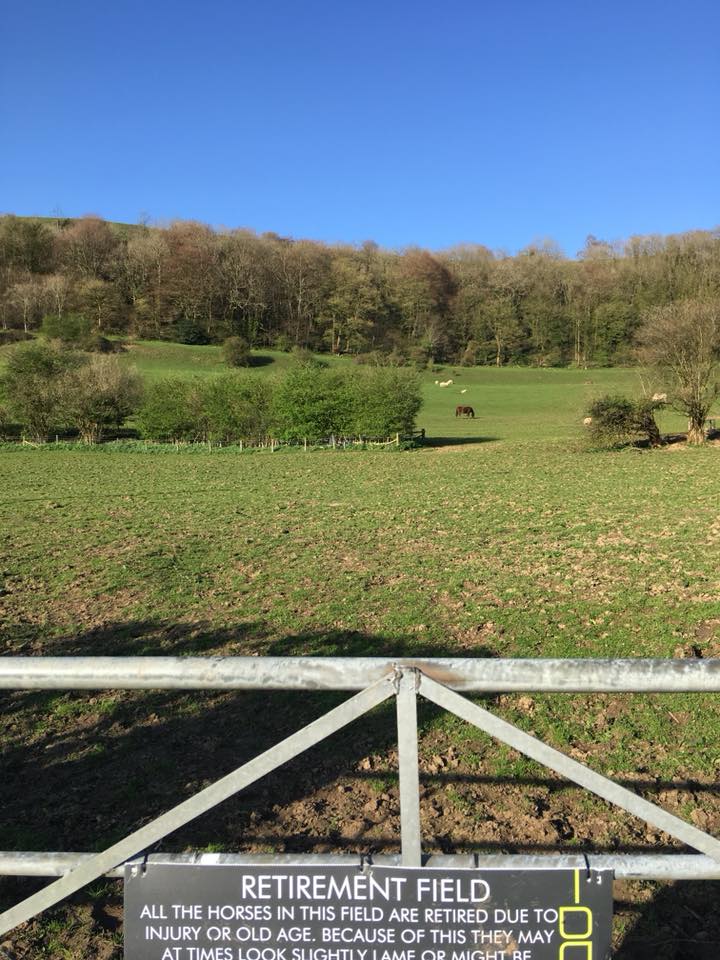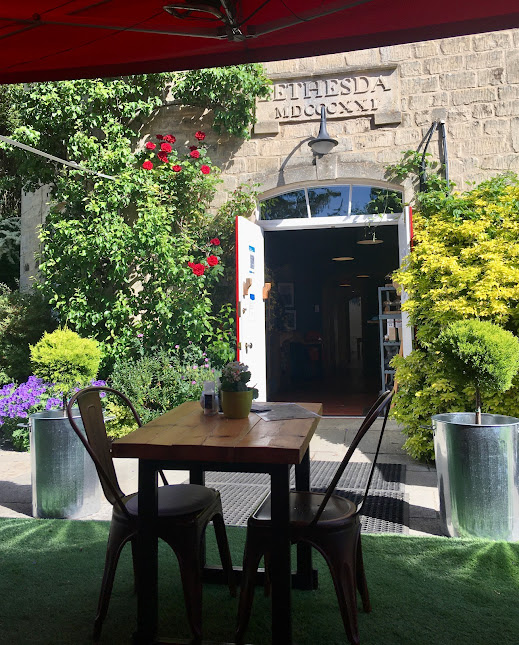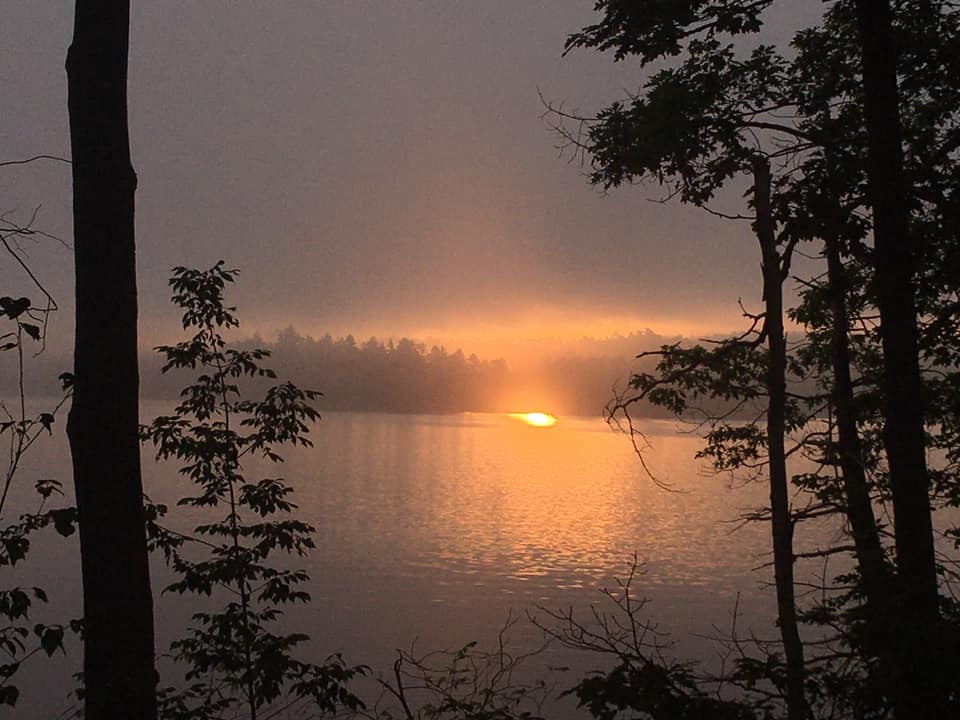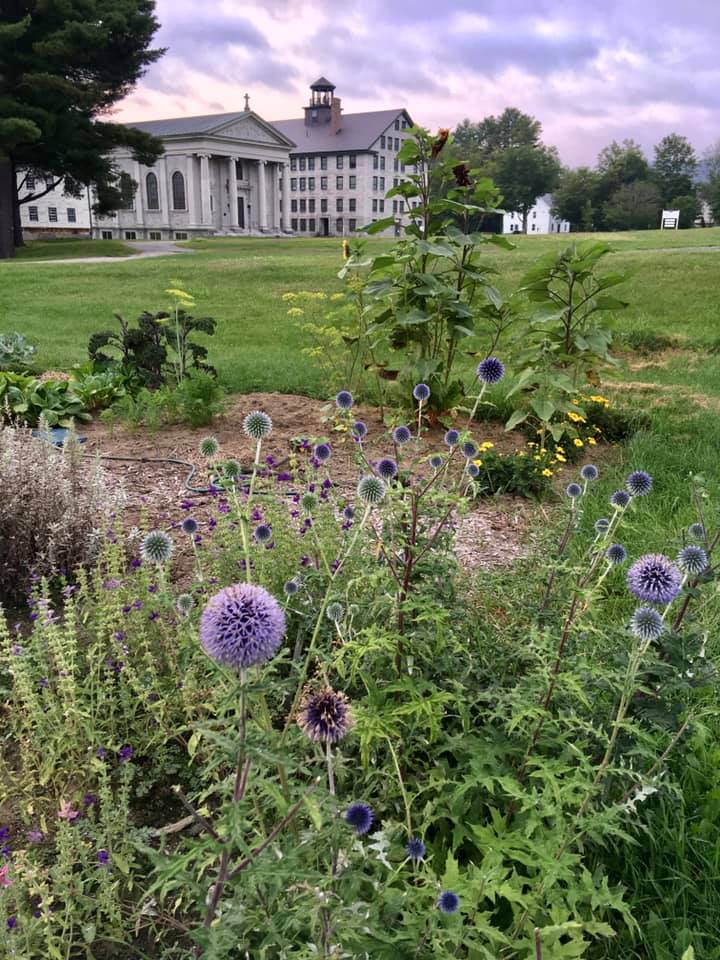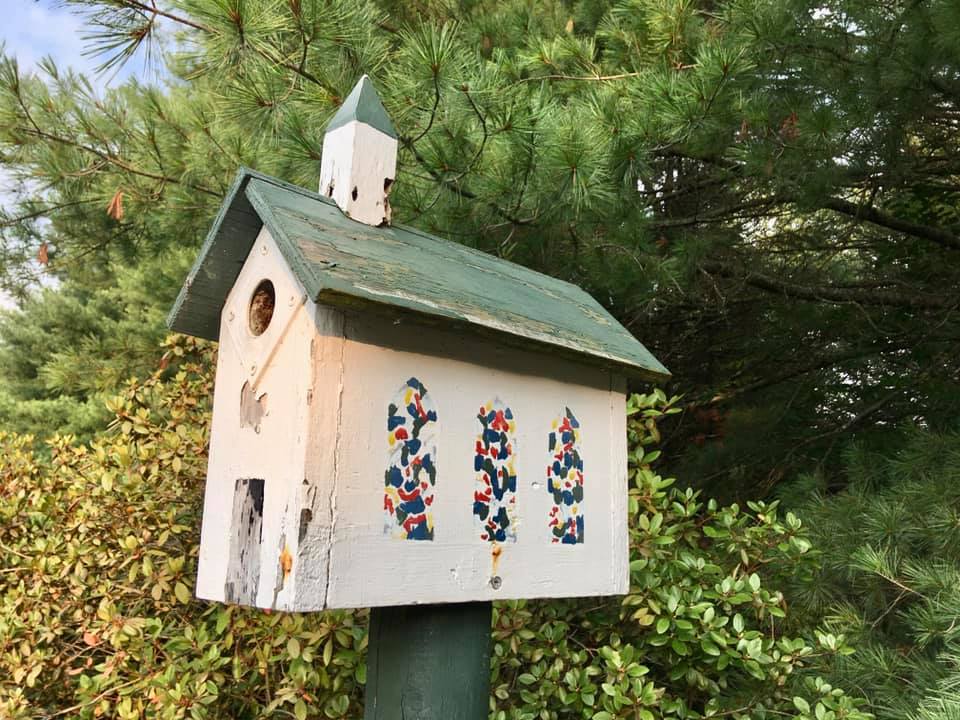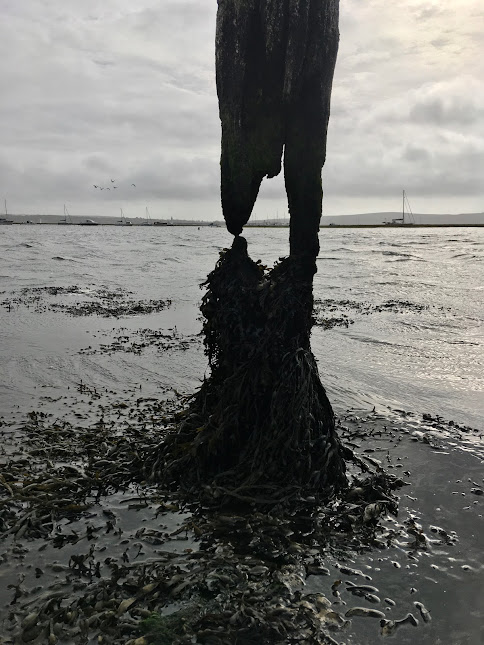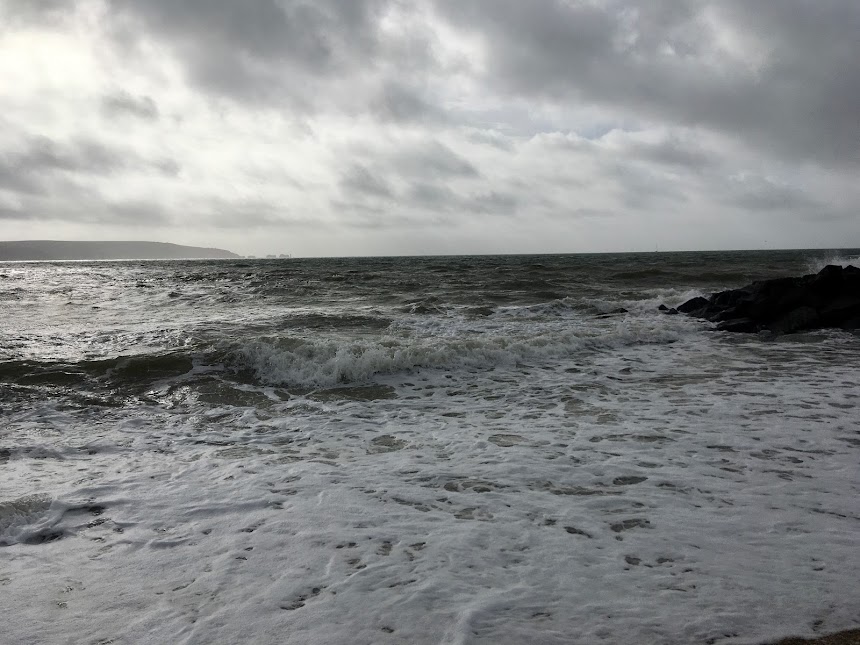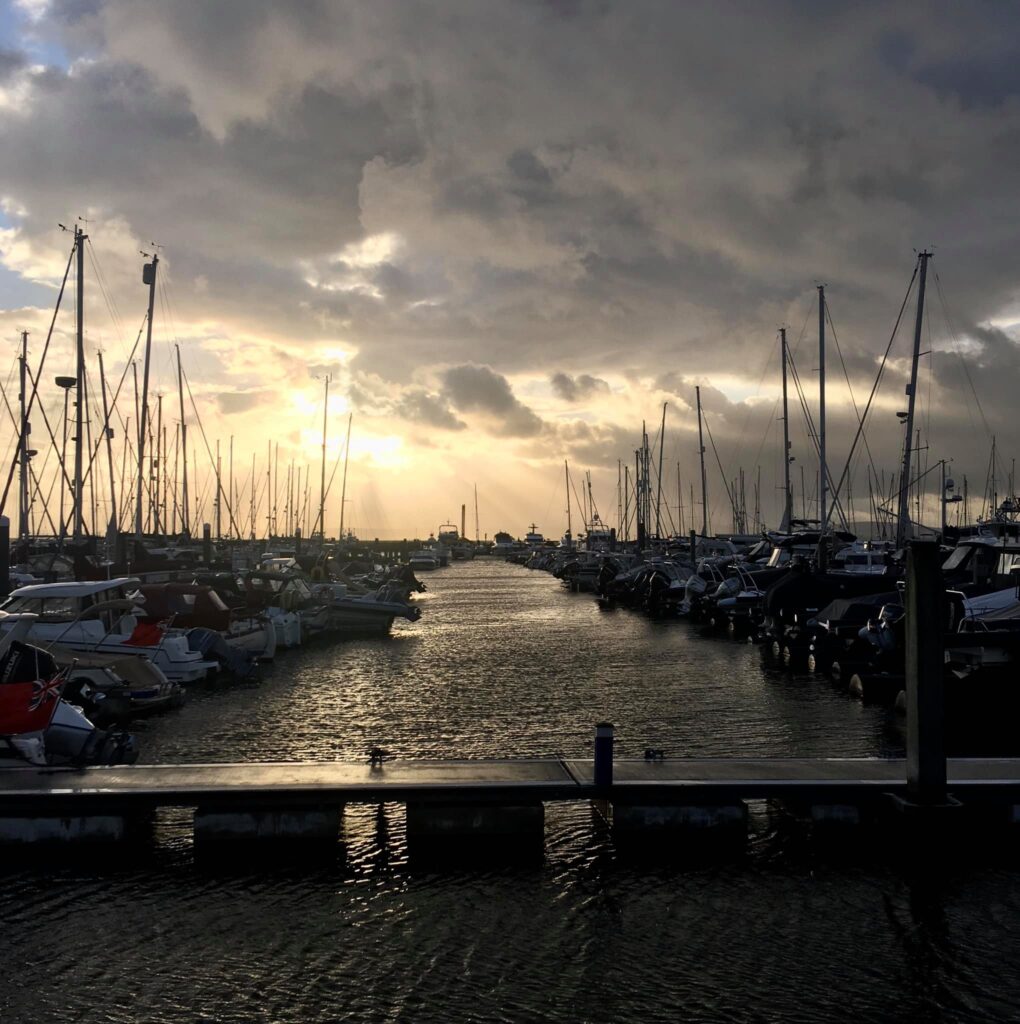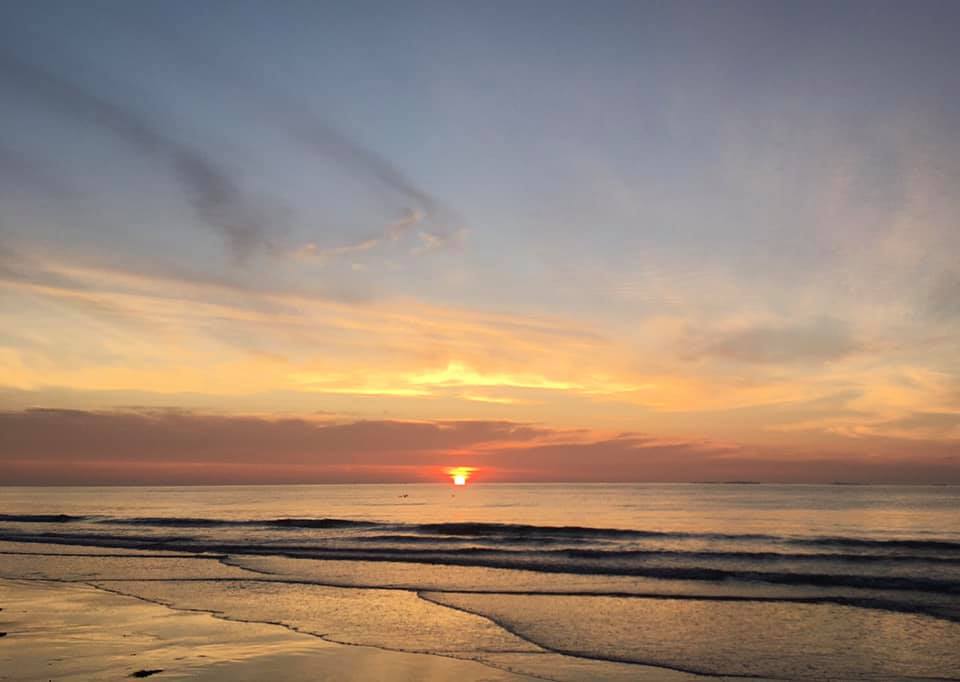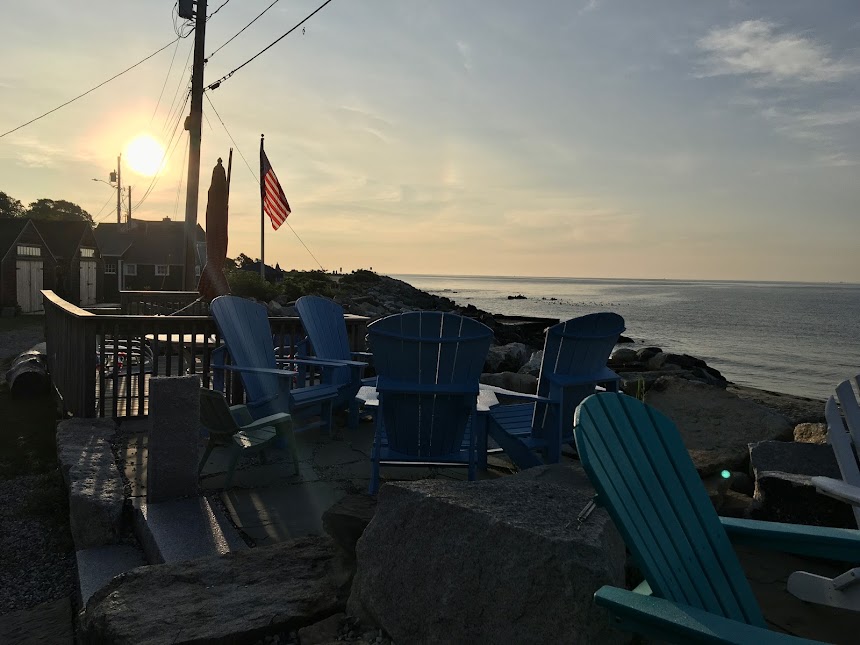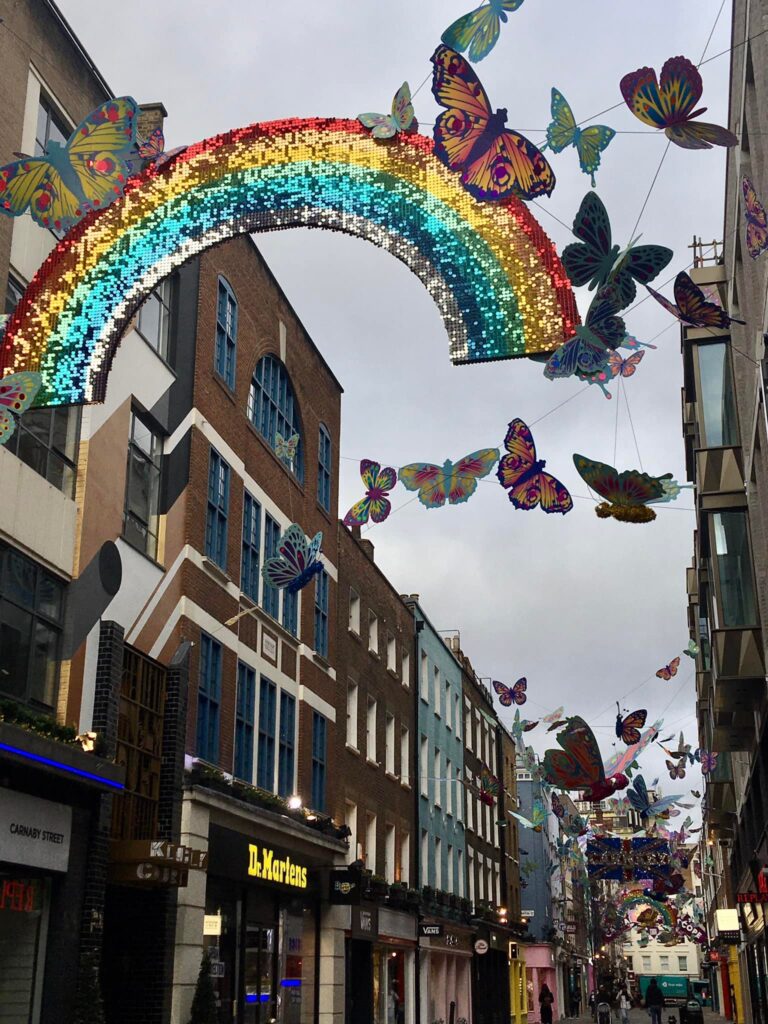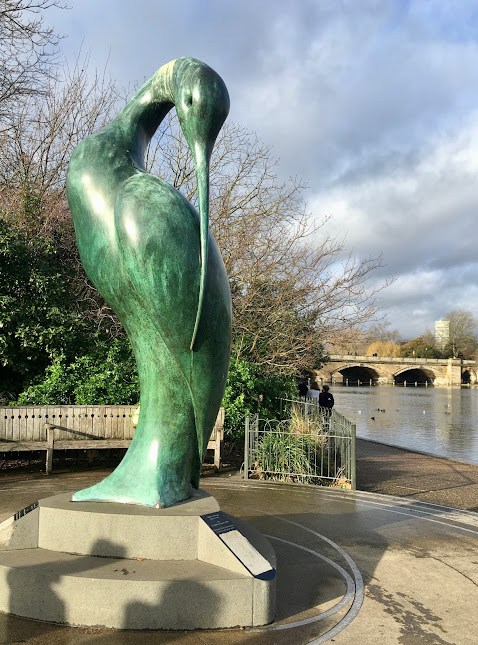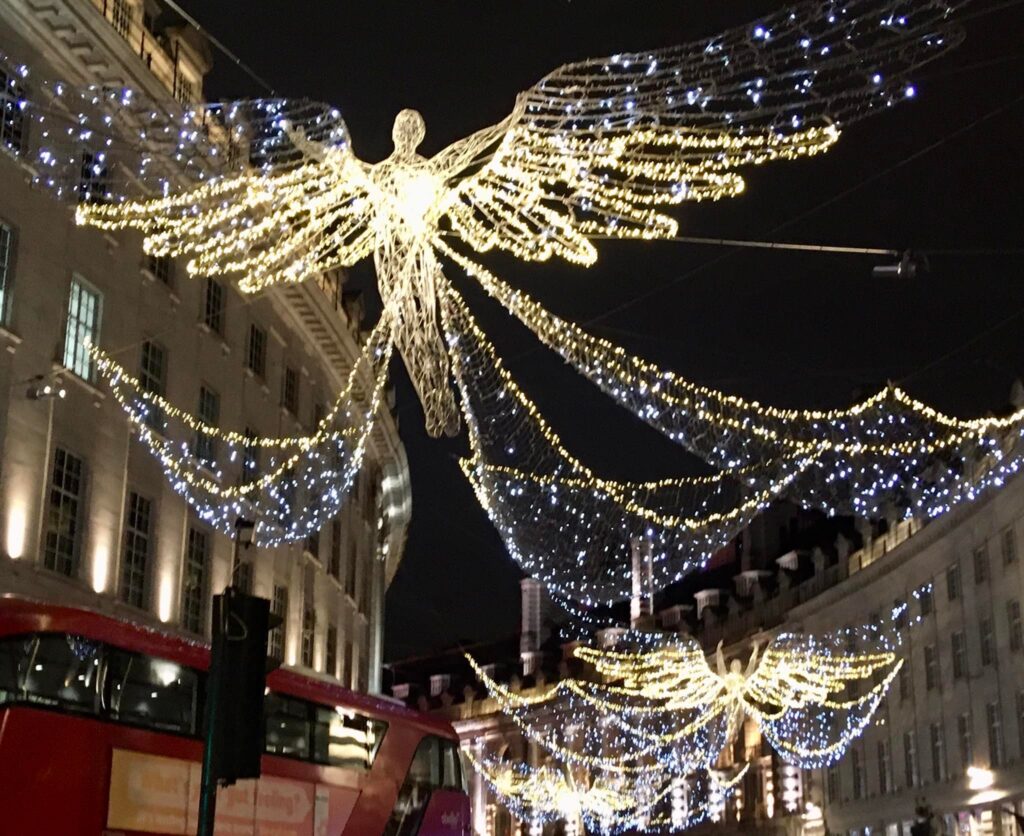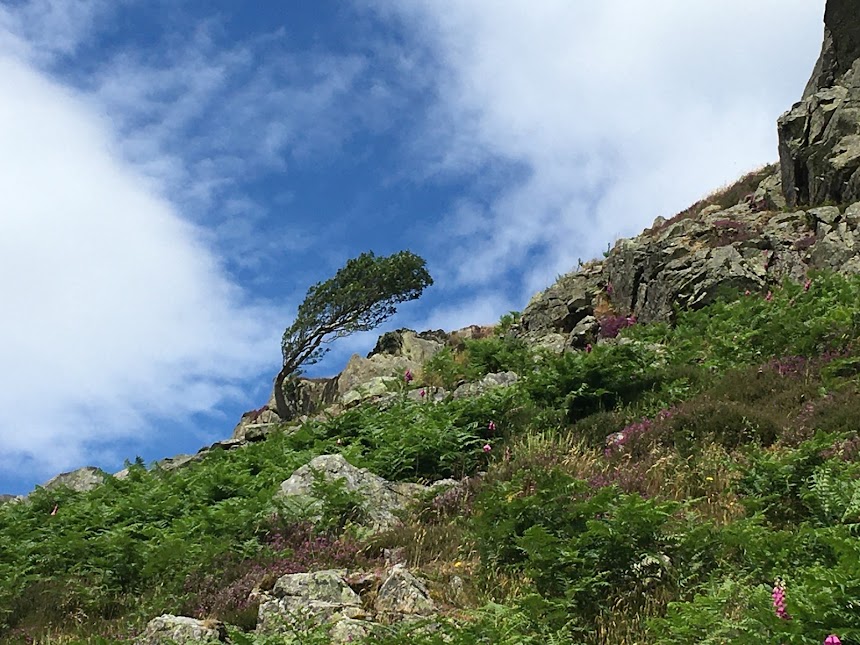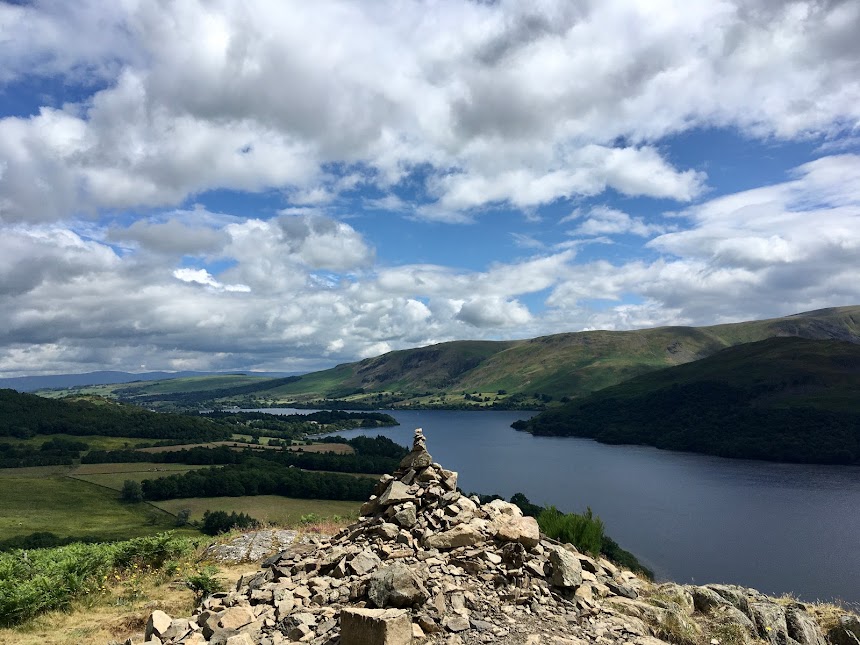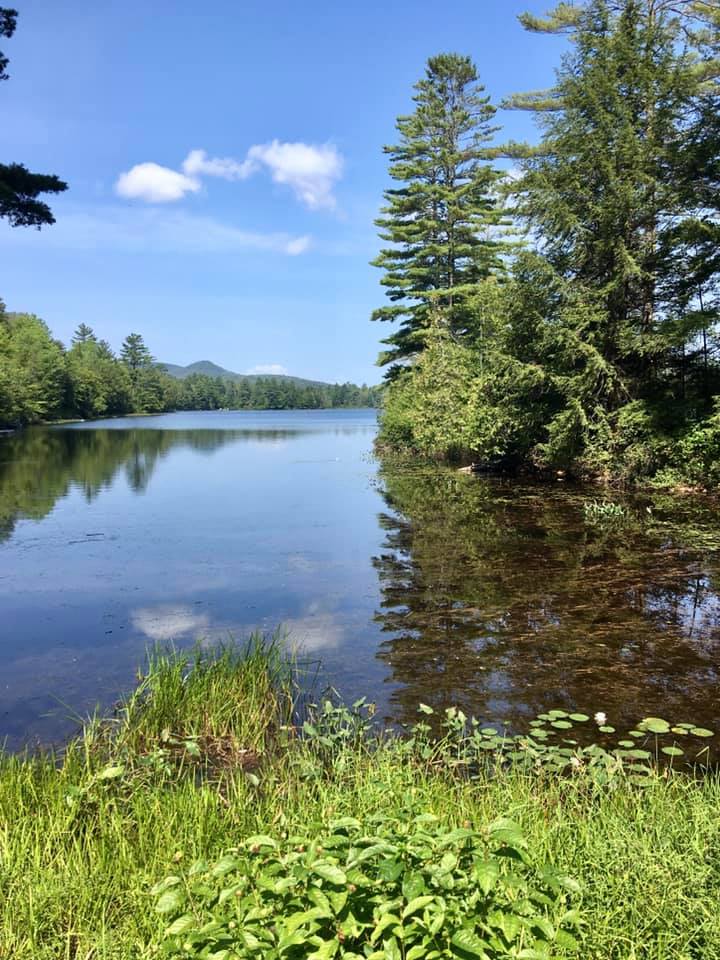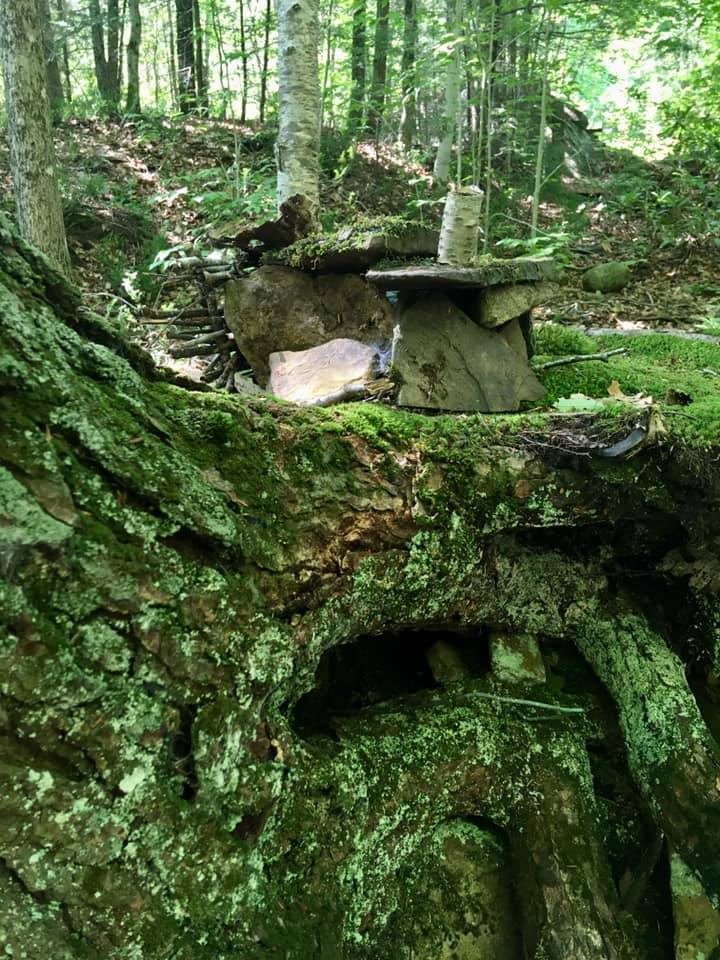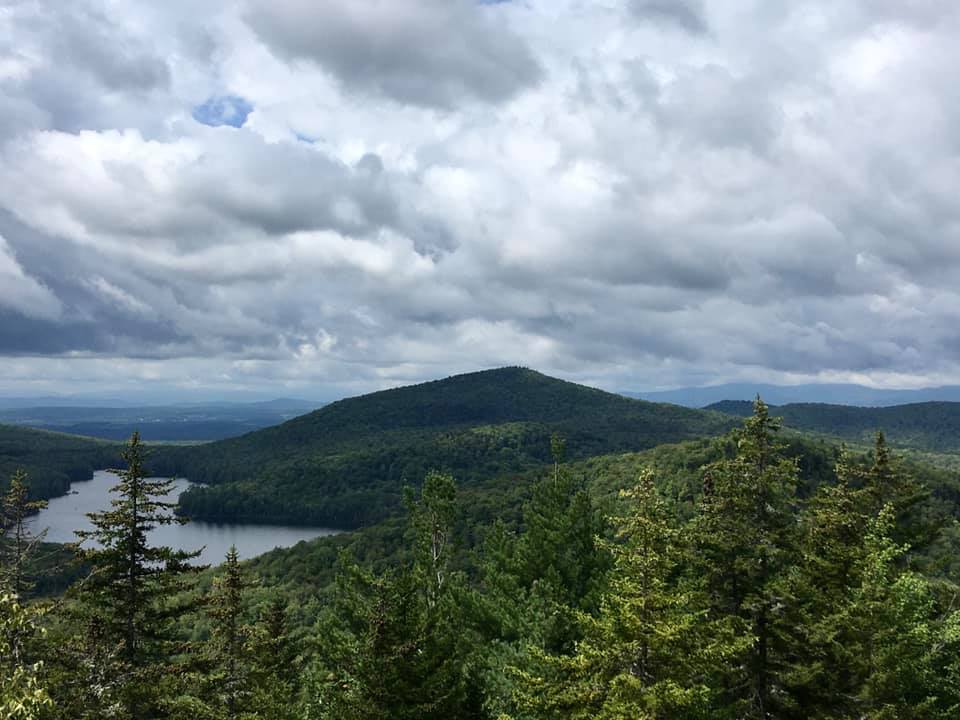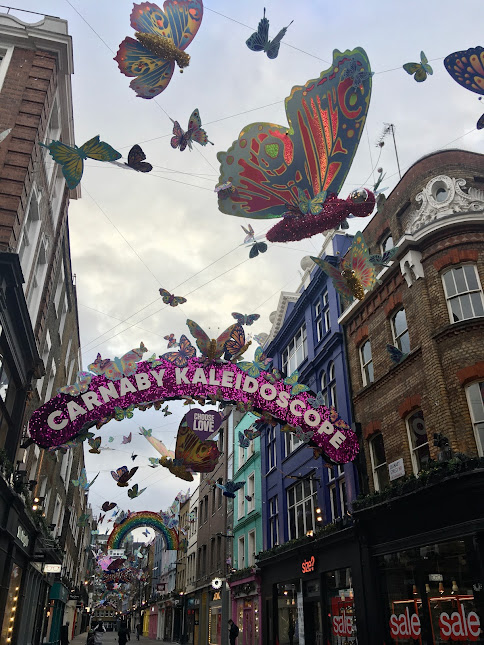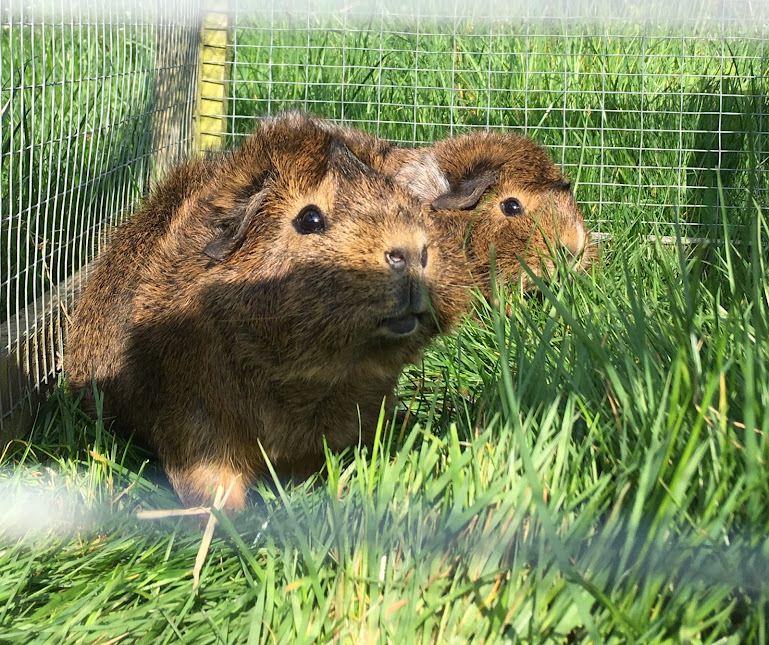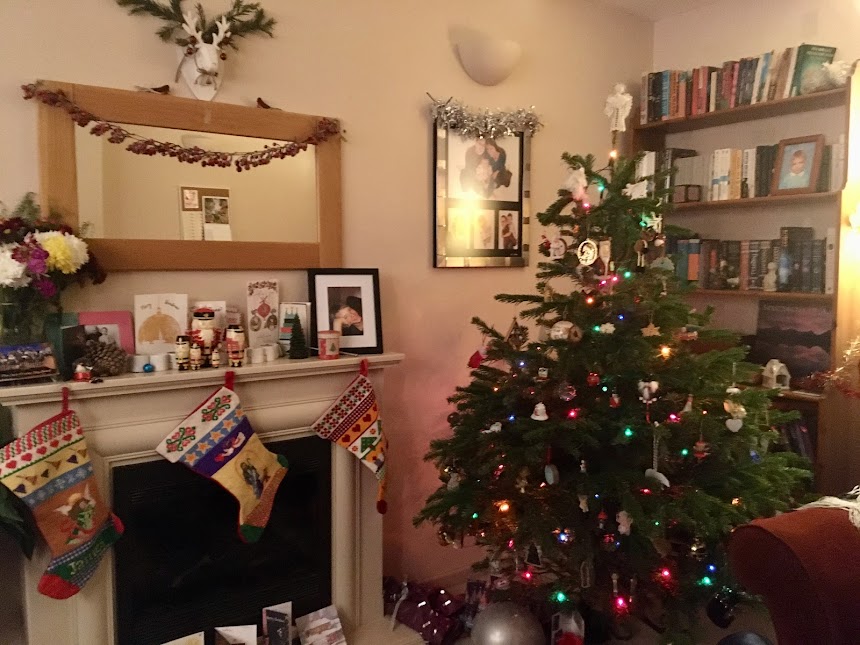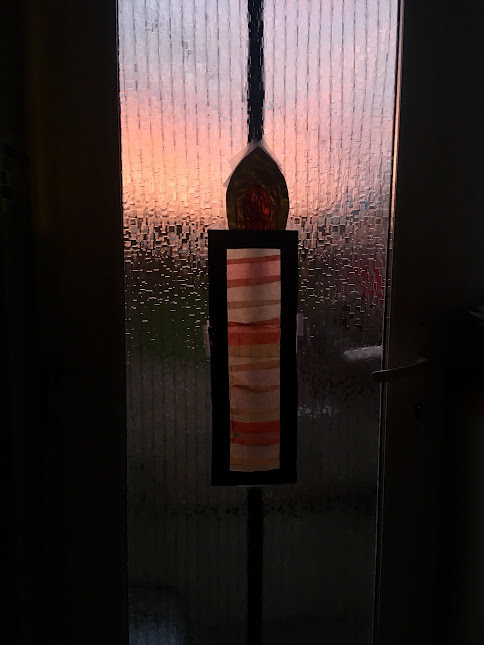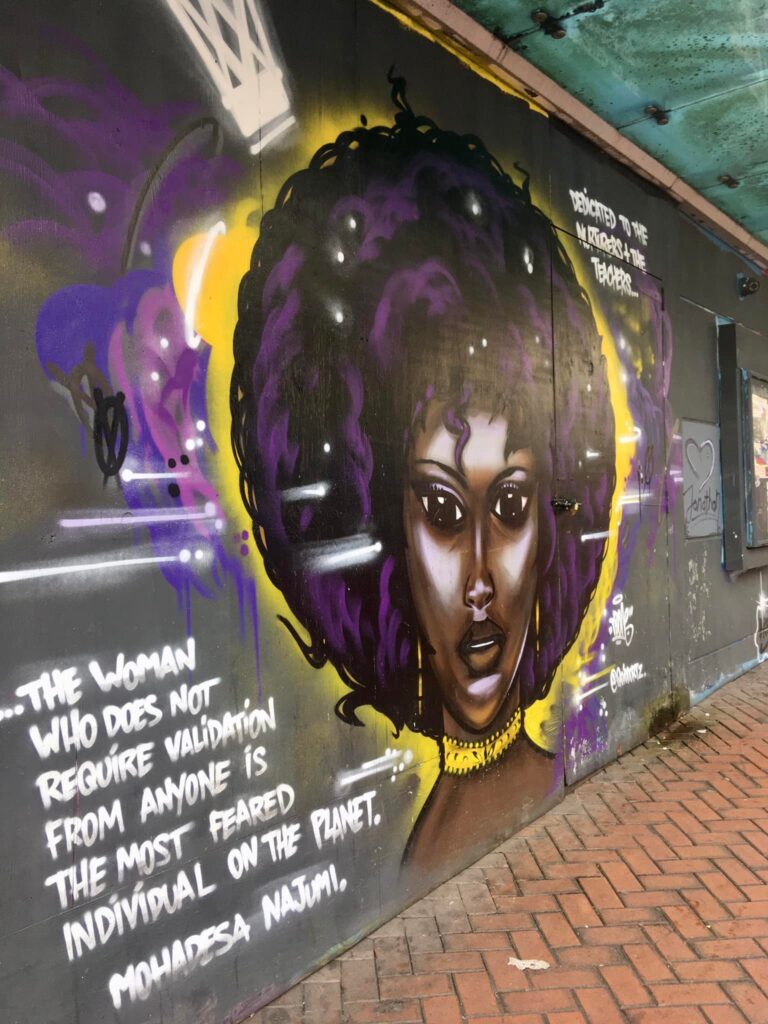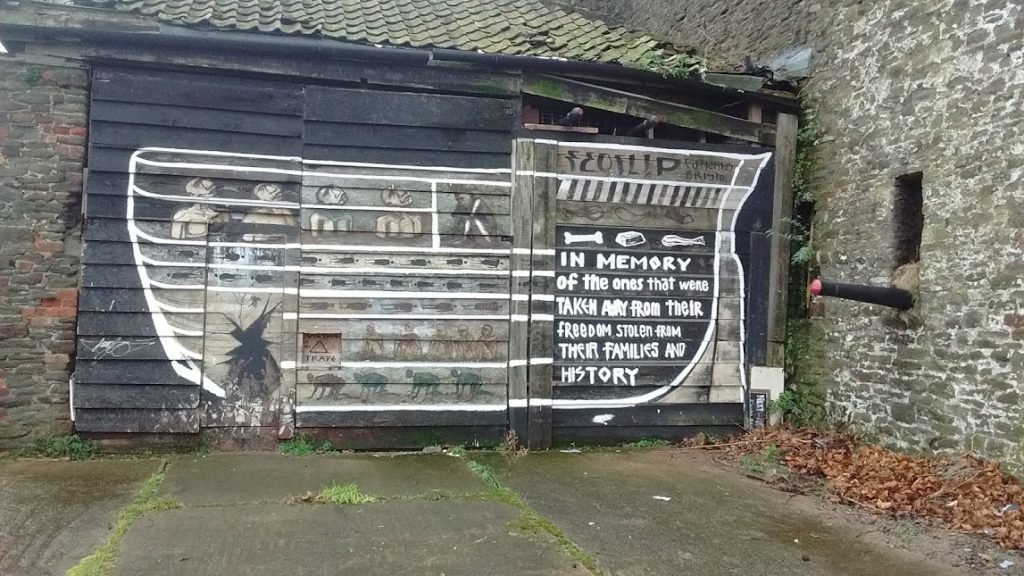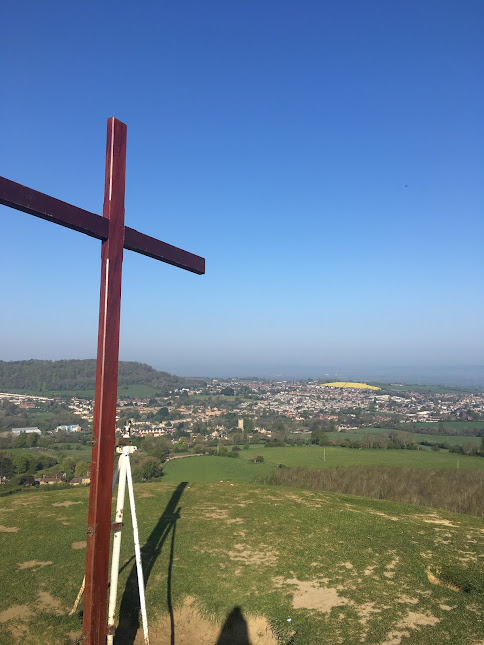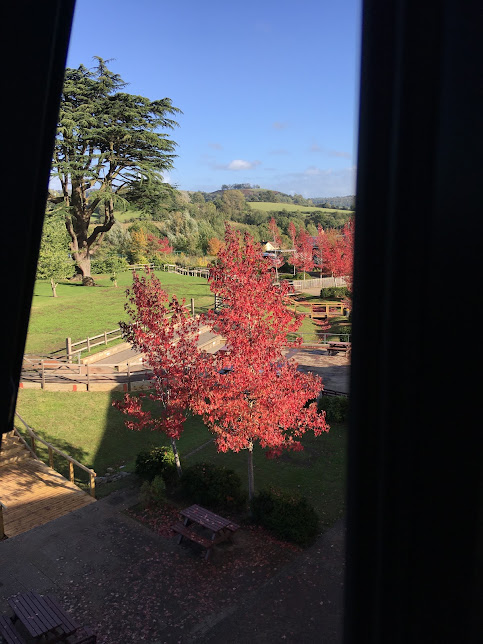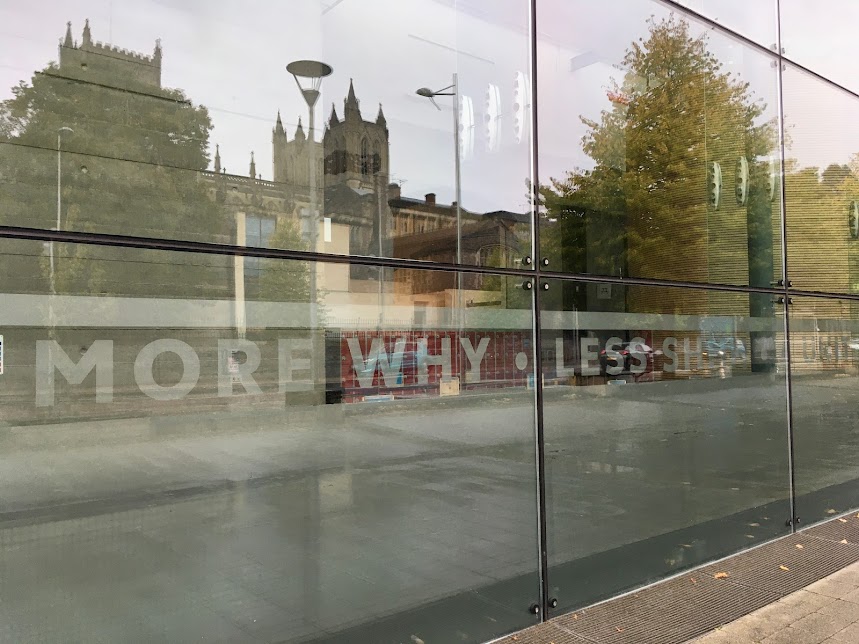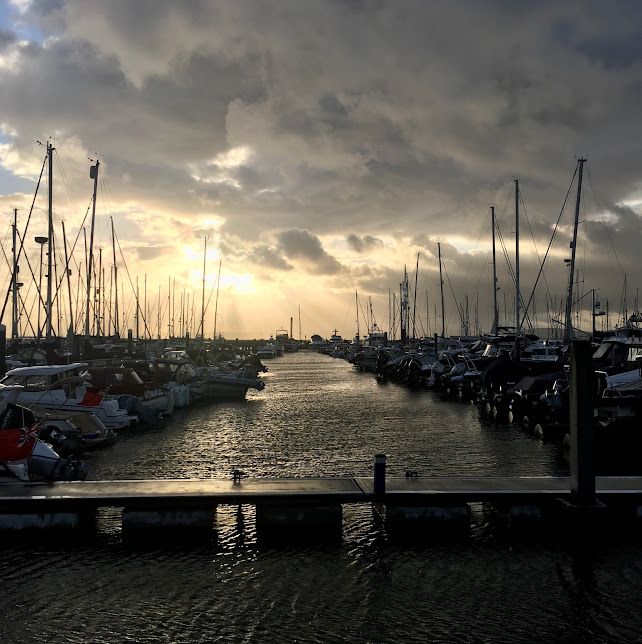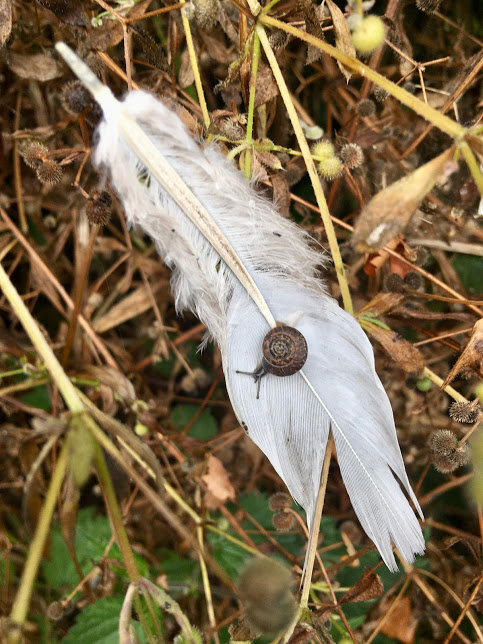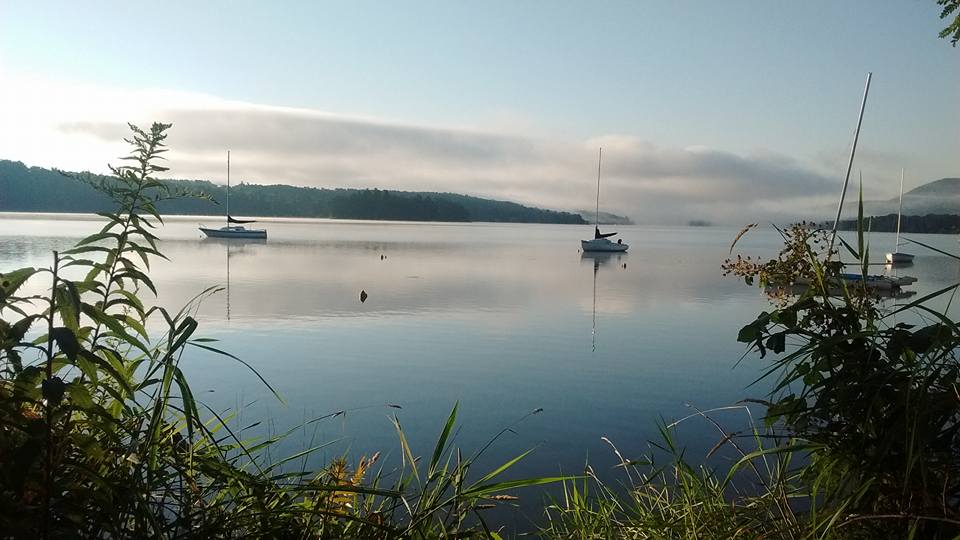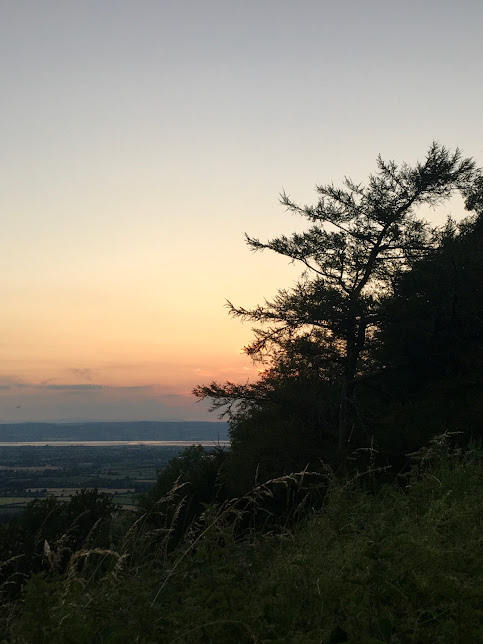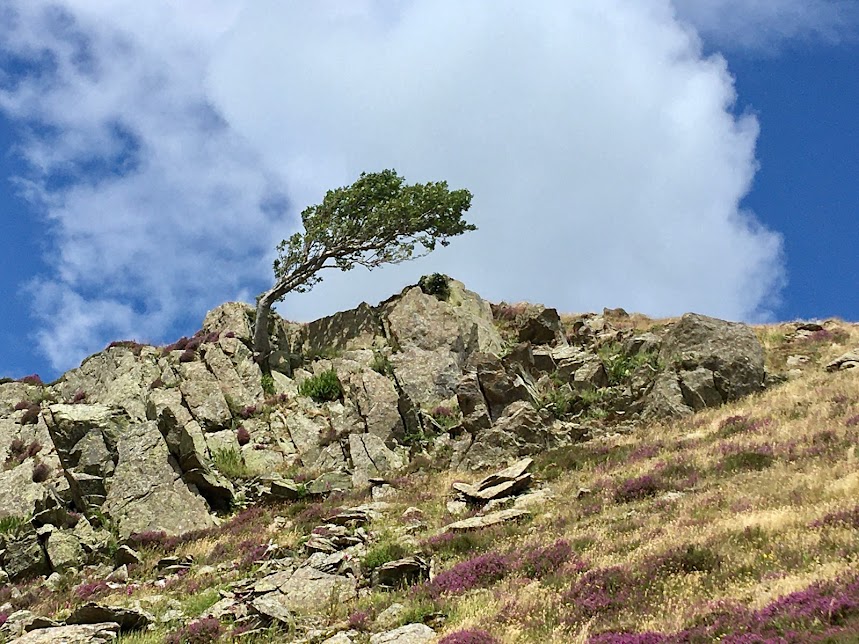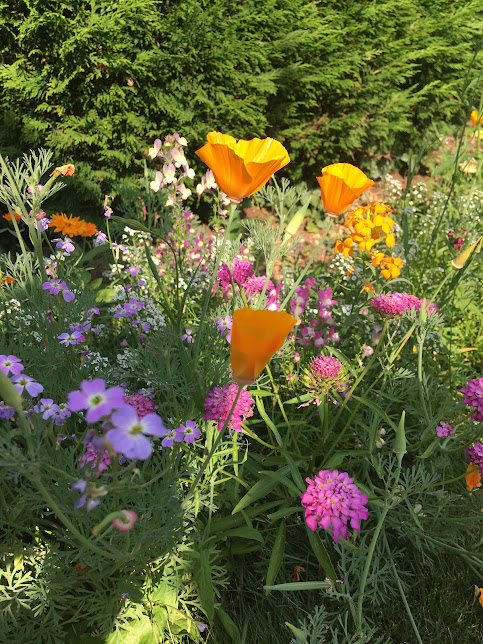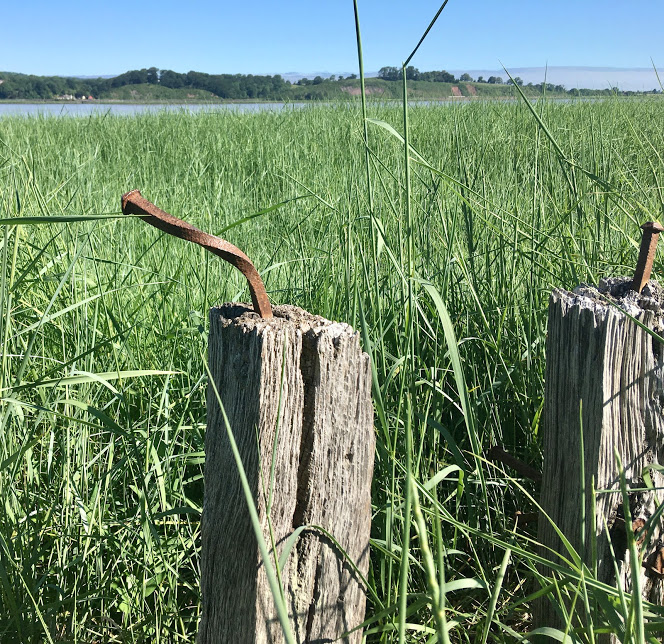Blazing a trail for literary women to get angry
New year, new literature: after an array of great reads in 2021, I kicked off 2022 with Sarah Tinsley’s debut novel The Shadows We Cast, available from SLR Publishing. This book made me realise how many frontiers are still available for literature to explore. Unflinching but nuanced, this dual narrative of a sexual assault feels powerful enough to start changing the world.
Sarah puts the content warning right in the blurb on the back of the brilliantly designed book jacket. Here’s what it says:
What if you couldn’t recognise the violence in others? Or in yourself?
Nina refuses to accept the role of passive victim after being sexually assaulted. She becomes obsessed with an online vendetta that risks her job, her friendships, and her sanity.
Eric thinks, if anything, he’s too nice. But when he takes advantage of a stranger he is forced to confront the kind of man he really is.
The Shadows We Cast is a dark novel about consent and control that unsettles ideas about victims and villains.
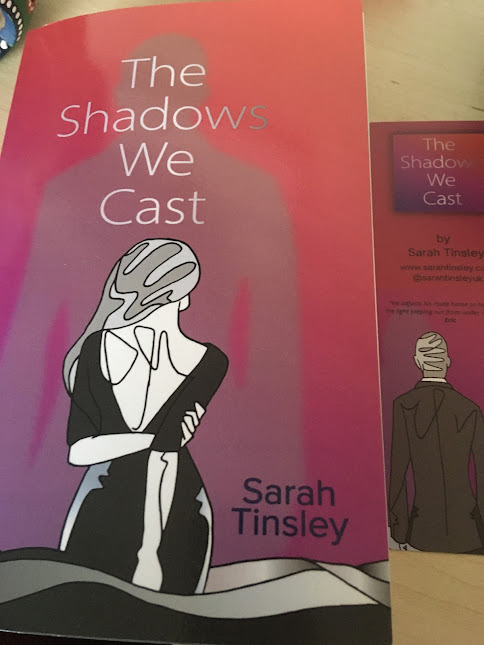
Sarah is a friend of mine and has helped me a great deal with my own writing. (She can help with yours, too–check out her wonderful workshops here.) I was excited when she announced her book deal and what The Shadows We Cast is about, knowing she would give it deep, honest treatment. But I was a little scared too. Because of previous experiences, I find it hard to read about sexual assault. Nightmares come more readily, and I feel more exposed while paradoxically the world and my current life seem more distant from me.
Actually, it’s like this line from page 9 of Sarah’s novel. After being attacked the protagonist, Nina, experiences “dreams that made her feel blunt and smudged. She feels like an echo.”
This book doesn’t build up to the rape. As Sarah herself noted during her book launch, too often rape is used as a plot twist, or maybe a dramatic reveal in someone’s backstory. The Shadows We Cast has twists and wields dramatic irony deftly, but it’s very honest about sexual assault. That bit’s already happened. The whole book deals with the gritty aftermath—not just the aftermath for Nina the victim, but also for Eric, her assailant.
And here’s what I found really scary. While taking Nina through the utterly altered landscape of her life following this trauma, Sarah allowed her to get really angry, and to act on that anger.
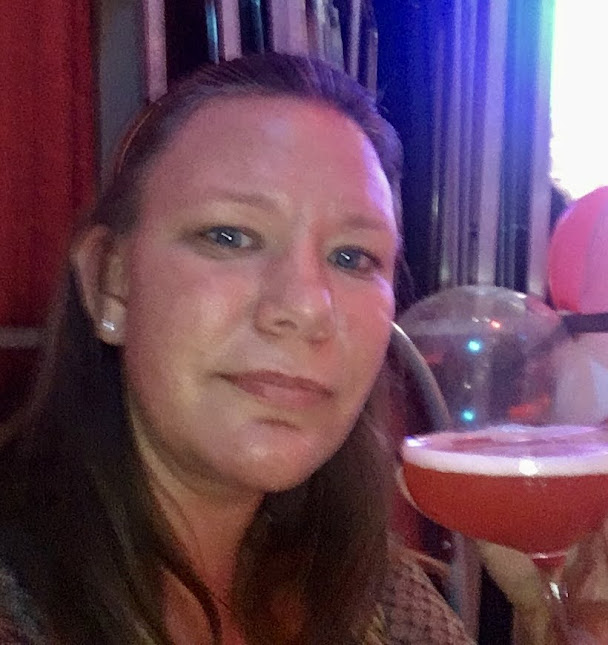
How often, in literature, mythology, or even in real life do we allow women to do angry things? From Clytemestra to The Taming of the Shrew to Mrs. Rochester in her attic, no matter what befalls them women are meant to do no harm. The character arc of an angry woman will be that she learns to forgive; she’ll be subdued by love or she’ll face drastic punishment as the villain. Yet in this novel, Nina’s anger is quite powerful and drives her to be truly destructive.
It’s a bit worrying that reading about Nina’s rage disturbed me more than the unflinching catalogue of the injuries she sustained during the attack, or the blurred lines (see what I did there?) in Eric’s mind as he considers what he’s done. This aversion to anger must be a societal effect on me rather than just a personal issue, and now I wonder: have I been depriving my own characters, particularly the female ones, of the right to rage? Is our world ready to acknowledge this now?
I did some research after reading through The Shadows We Cast. It’s a real page-turner, and the ending was quite satisfying. I found an interview about angry women in Greek mythology, the differences between the domestic and political spheres. Thinking about Shakespeare’s heroines, I read this article about the newfound popularity of Measure for Measure, and to top it all off here’s a reading list featuring angry women, because after all this time, why not?
Of course, the reading list was produced before Sarah launched The Shadows We Cast. I definitely recommend checking that one out first, and you can purchase it here. Plus, you won’t want to miss reading more about Sarah and her other work on her site. Please let me know what you think, and whether you have tips on allowing characters to follow their rage. I might need a few of those!
